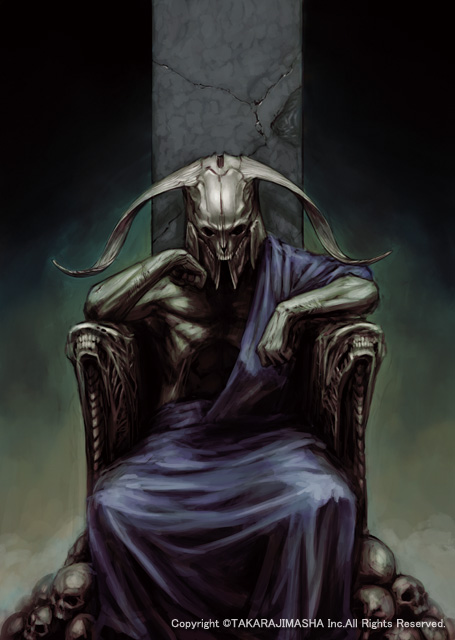

A zero grade of the full PIE form-*ph 2usōn-yields the name of the Sanskrit psychopomp Pushan, who, like pan, is associated with goats. The PIE root * peh 2 "protect" also shows up in Latin pastor "shepherd" (whence the English pastoral). According to a theory that has received considerable scholarly acceptance, Hermes originated as a form of the god Pan, who has been identified as a reflex of the Proto-Indo-European pastoral god *Péh 2usōn, in his aspect as the god of boundary markers. It is also possible that since the beginning he has been a deity with shamanic attributes linked to divination, reconciliation, magic, sacrifices, and initiation and contact with other planes of existence, a role of mediator between the worlds of the visible and invisible. His cult was established in Greece in remote regions, likely making him originally a god of nature, farmers, and shepherds. The absorbing ("combining") of the attributes of Hermes to Thoth developed after the time of Homer amongst Greeks and Romans Herodotus was the first to identify the Greek god with the Egyptian ( Hermopolis) (Plutarch and Diodorus also did so), although Plato thought the gods were dissimilar (Friedlander 1992). Angelo (1997) thinks Hermes to be based on the Thoth archetype. Frothingham thought the god to have existed as a Mesopotamian snake-god, similar or identical to Ningishzida, a god who served as mediator between humans and the divine, especially Ishtar, and who was depicted in art as a Caduceus. It is likely that Hermes is a pre-Hellenic god, though the exact origins of his worship, and its original nature, remain unclear. Other scholars have suggested that Hermes may be a cognate of the Vedic Sarama. Scholarly speculation that "Hermes" derives from a more primitive form meaning "one cairn" is disputed. However, the stone etymology is also linked to Indo-European *ser- ("to bind, put together"). Beekes rejects the connection with herma and suggests a Pre-Greek origin.

The etymology of ἕρμα itself is unknown, but is probably not a Proto-Indo-European word. Most scholars derive "Hermes" from Greek ἕρμα ( herma), "stone heap." The earliest form of the name Hermes is the Mycenaean Greek * hermāhās, written 𐀁𐀔𐁀 e-ma-a 2 ( e-ma-ha) in the Linear B syllabic script. In Roman mythology and religion many of Hermes' characteristics belong to Mercury, a name derived from the Latin merx, meaning "merchandise," and the origin of the words " merchant" and "com merce." His attributes had previously influenced the earlier Etruscan god Turms, a name borrowed from the Greek "herma". However, his main symbol is the caduceus, a winged staff intertwined with two snakes copulating and carvings of the other gods.

His attributes and symbols include the herma, the rooster, the tortoise, satchel or pouch, talaria (winged sandals), and winged helmet or simple petasos, as well as the palm tree, goat, the number four, several kinds of fish, and incense. Hermes is regarded as "the divine trickster," about which the Homeric Hymn to Hermes offers the most well-known account. In myth, Hermes functions as the emissary and messenger of the gods, and is often presented as the son of Zeus and Maia, the Pleiad. Hermes plays the role of the psychopomp or "soul guide"-a conductor of souls into the afterlife. He is able to move quickly and freely between the worlds of the mortal and the divine, aided by his winged sandals. He is also considered the protector of human heralds, travellers, thieves, merchants, and orators. Hermes is considered the herald of the gods. Hermes ( / ˈ h ɜːr m iː z/ Greek: Ἑρμῆς) is an Olympian deity in ancient Greek religion and mythology.



 0 kommentar(er)
0 kommentar(er)
